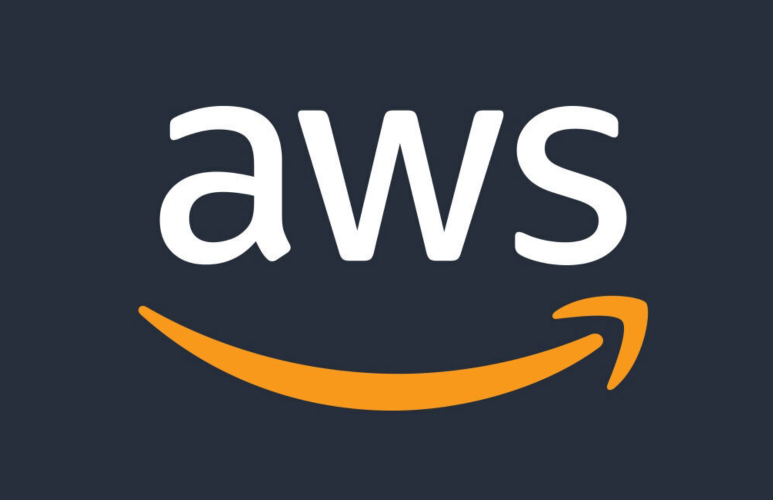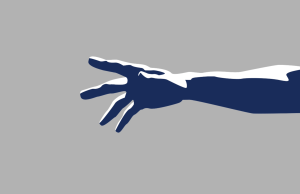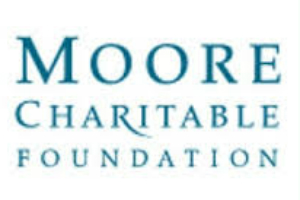Amazon Web Services (AWS) has launched its 2023 IMAGINE Grant Program, open to registered 501(c) nonprofits in the U.S. Information and workshops on application submission are available now. There is a one-month window to submit an application — May 1 to June 1.
The announcement was made today during IMAGINE: NONPROFIT, the AWS event in Washington, D.C.
AWS has awarded more than $6 million in unrestricted funds and AWS Computing Credits to 66 nonprofits since the launch of the IMAGINE Grant program in 2018. Allyson Fryhoff, managing director of AWS nonprofit and nonprofit health, estimated there might be as many as 10 grants given in each of two categories
Proposals are judged on several factors, she said, including the innovative and unique nature of the project, impact on mission-critical goals, and clearly defined outcomes and milestones.
Previous winners are currently using AWS services for service delivery, as the awards are both cash and access to cloud services.
The program has two award categories:
Momentum to Modernize: This award is for nonprofits that need funding for foundational technology projects. Projects may include application migration and optimization, new application development, and data warehouse projects. Winners will receive up to $50,000 in unrestricted funding, up to $20,000 in AWS Computing Credits, project implementation guidance, and access to AWS Training and support.
Go Further, Faster: This award is for innovative cloud projects that have the potential to produce scalable, repeatable solutions. Projects may include advanced cloud services, such as artificial intelligence and machine learning, high performance computing, Internet of Things, and more. Winners will receive up to $150,000 in unrestricted funding, up to $100,000 in AWS Computing Credits, engagement with AWS technical specialists, and access to AWS Training and support.
“In today’s rapidly changing environment, nonprofits are being challenged to do more with less. AWS is committed to helping nonprofits leverage technology to increase program effectiveness and reduce costs,” said Allyson Fryhoff, managing director of AWS Nonprofit and Nonprofit Health. “The IMAGINE Grant program is specifically designed to help organizations remain agile and accelerate their mission impact, and we look forward to reading the inspiring applications from across the sector.”
In another AWS announcement during the event, Allen Institute, an independent bioscience research nonprofit in Seattle, Washington, is building the largest open source database of brain cell data in the world on the AWS platform. Allen Institute’s first-of-its-kind Brain Knowledge Platform (BKP) will compile, standardize, and harmonize massive datasets about the structure and function of the mammalian brain into one accessible resource, helping to catalyze brain research and translational medicine, according to Fryhoff.
Brain data is currently scattered across papers, archives, lab notebooks, and pipelines on a wide variety of websites. Furthermore, this data is often inconsistently formatted, if available at all. Researchers must often dedicate extra time and effort to consolidate information and make inferences, hampering collaboration and slowing research progress. With the cloud-powered BKP, scientists will be able to store and retrieve information from disparate sources in one place. Critical brain data will be consistently structured and formatted, which will reduce information discovery time from months to minutes. When complete, the BKP will be the most comprehensive source of data and knowledge about brain cell types across multiple species, life stages, brain regions, and measurement techniques.
“We face a technological challenge of unprecedented complexity and scale in mapping the entire human brain,” Shoaib Mufti, senior director, data and technology, Allen Institute for Brain Science, said via a statement. “We are developing a platform for high-performance discovery in exabytes of high-dimensional data and to enable knowledge sharing at a global scale. To understand brain structures, functions, and diseases, our Brain Knowledge Platform needs cloud capabilities to overcome scaling, performance, and collaboration challenges.












